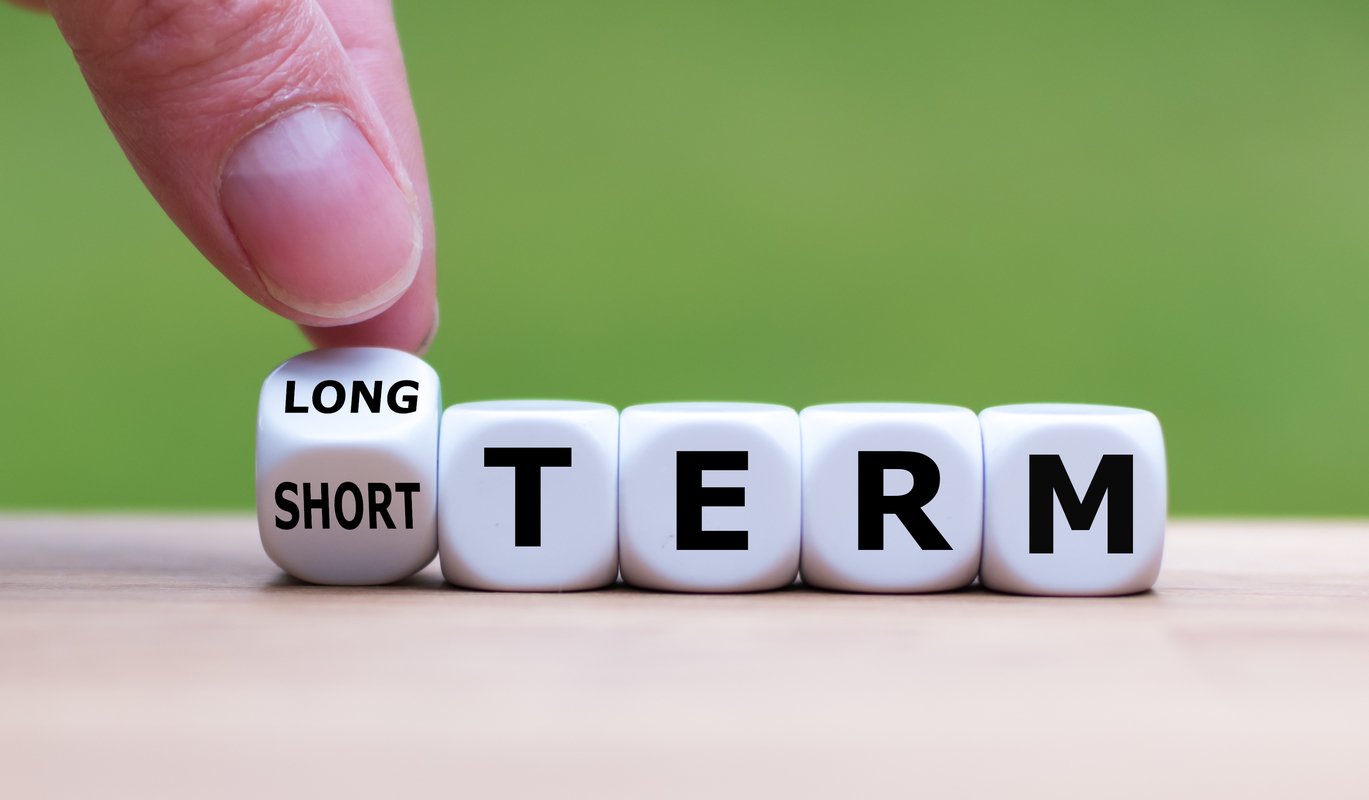It's nearly time for the annual get-together of the American Society of Hematology (ASH). There will be presentations from too many drugmakers for any one person to absorb, but at least three will be worthy of more attention than most.
A cellular cancer therapy from Celgene that Bristol-Myers Squibb (BMY +1.53%) hasn't quite paid for yet will finally get a day in the spotlight. An easy-to-swallow tablet from ArQule (ARQL +0.00%) will have a chance to shine. We'll also get a closer look at clinical data from a candidate Eli Lilly (LLY +0.67%) bought from Loxo Oncology earlier this year.

Image source: Getty Images.
1. Celgene: Contingent value trifecta?
When Bristol-Myers Squibb acquired Celgene earlier this year, each Celgene share was exchanged for one share of Bristol-Myers Squibb, $50 in cash, and a contingent value right (CVR). The CVR is basically a lottery ticket worth $9 if the FDA approves ozanimod and liso-cel by the end of 2020, and ide-cel by March 31, 2021. Unfortunately for former Celgene shareholders, all three new drug candidates need to succeed on time or the CVR's worth nothing.
The Transcend NHL 001 study with liso-cel began with 342 advanced lymphoma patients, but only 255 made it to an efficacy evaluation after receiving liso-cell that had been manufactured from their own blood cells. These were hard-to-treat patients who had relapsed or failed to respond following at least two previous courses of treatment. Among those evaluated, an impressive 53% achieved complete remission.
The FDA has already approved two similar therapies that aim for the same target, and liso-cell's complete remission rate isn't much better than the competition. That means the FDA might not be eager to approve liso-cel if its safety record doesn't look competitive. We already know that four patients in the Transcend study died from treatment-related side effects, so the company has a lot of explaining to do when it presents these results in detail at ASH.
2. ArQule: Overcoming resistance
Imbruvica is a Bruton's tyrosine kinase (BTK) inhibitor for newly diagnosed leukemia patients with annual sales above $5 billion and still growing. At least 80% of people treated with Imbruvica develop some level of resistance, and that's where ArQule could make itself extremely useful.
ArQule is developing a reversible BTK inhibitor called ARQ-531 for patients who have developed resistance to Imbruvica. ArQule ran a phase 1 trial with ARQ-531 and 40 patients who relapsed following at least two lines of standard treatment. Investigators didn't log any complete remissions, but 10 of the patients achieved a partial response.
Partial responses from 25% of patients treated is not a thrilling result, but it isn't too bad considering the heavily pretreated patients enrolled. Drawing conclusions from small numbers of patients with different disease types who received different dosages is challenging. When ArQule presents results from its phase 1 study at ASH 2019, investors want to look out for any sign the early response rate score could worsen.

Image source: Getty Images.
3. Eli Lilly: Concept proved
Earlier this year, Eli Lilly dished out $8 billion in cash to acquire Loxo Oncology, which had a BTK inhibitor of its own in pre-clinical-stage development called LOXO-305. At ASH 2019, Lilly will present human proof-of-concept data from a phase 1 study with LOXO-305 and patients with an assortment of blood cancers who don't respond to Imbruvica.
Among the first eight patients treated and evaluated, seven exhibited tumor shrinkage. Although the early look suggests Lilly's candidate could win in a fight with ARQ-531, LOXO-305 didn't lead to any complete responses, either.
The snapshot we have of Lilly's BTK inhibitor was recorded in July, and there's a good chance that Lilly will present some data from at least a few more patients treated with LOXO-305.
Looking out
Investors holding $9 lottery tickets from Celgene should probably hold on to them. There's a pretty good chance that all three new drug candidates will earn approval in time.
ArQule's developing a handful of late-clinical-stage candidates, but a large portion of the company's recent $1.1 billion market cap could evaporate if the responses that ARQ-531 elicits aren't durable. ArQule stock could also slide if more data from Lilly's BTK inhibitor falls in line with the impressive response rates previously reported.
You shouldn't buy or sell stocks based solely on ASH 2019 presentations, but Lilly's a fairly safe bet. The pharma giant is large enough that LOXO-305 could flop and the stock wouldn't get beaten down very far.







